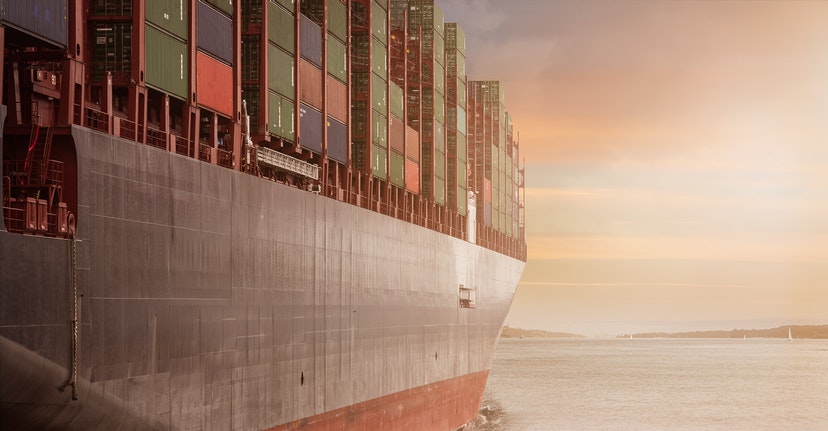Rising Transportation Costs Add to Manufacturers’ Supply-Chain Woes
Companies Paying Much More to Ship Finished Goods
From JOANN Stores (JOAN) to Dollar Tree (DLTR), companies are facing rising transportation costs. Transportation costs tend to be a small portion of a finished product’s price, but that is changing as manufacturers across industries are having to pay more for transportation of goods.
Higher transportation costs are impacting many parts of the supply. It has become more expensive to transport materials and to ship out finished goods. In addition to rising raw material costs, the cost of shipping containers is rising. Truck drivers are hard to come by due to labor shortages. Add rising gasoline prices to the mix and it is not too surprising that retailers’ costs are soaring. For example, JOANN said its costs for moving products are currently 10 times higher than normal.
Spot Container Prices Skyrocketing
Last week spot container shipping rates from Asia to the West Coast of the US increased five times from last year’s rates. They are over 14 times higher than they were in 2019. Companies like Mondelez International (MDLZ), Molson Coors Beverage (TAP), and 3M (MMM) blamed transportation for most of the cost inflation they are seeing. Meanwhile, Dollar Tree said in August it does not expect to see improvement in transportation costs until next year.
French tire maker Michelin (MGDDY) said it is spending tens of millions of dollars of extra cash to move the rubber it needs to produce tires from the tropics to its manufacturing plants. The company is also being hit from rising shipping container costs and a shortage of truck drivers.
Companies Pass Costs Onto Consumers
Companies are not the only ones feeling the pinch from rising transportation costs. Consumers are also seeing higher price tags as companies pass along expenses by raising prices for their finished goods. That is the case at Michelin and at Procter & Gamble (PG), the consumer products giant. P&G expects $1.9 billion in additional costs for the fiscal year ending in June 2022.
Manufacturers of everything from tires to diapers have been feeling the pressure from supply-chain delays and materials shortages. With those costs not expected to ease until next year at the earliest, it will be interesting to see how companies respond.
Please understand that this information provided is general in nature and shouldn’t be construed as a recommendation or solicitation of any products offered by SoFi’s affiliates and subsidiaries. In addition, this information is by no means meant to provide investment or financial advice, nor is it intended to serve as the basis for any investment decision or recommendation to buy or sell any asset. Keep in mind that investing involves risk, and past performance of an asset never guarantees future results or returns. It’s important for investors to consider their specific financial needs, goals, and risk profile before making an investment decision.
The information and analysis provided through hyperlinks to third party websites, while believed to be accurate, cannot be guaranteed by SoFi. These links are provided for informational purposes and should not be viewed as an endorsement. No brands or products mentioned are affiliated with SoFi, nor do they endorse or sponsor this content.
Communication of SoFi Wealth LLC an SEC Registered Investment Adviser
SoFi isn’t recommending and is not affiliated with the brands or companies displayed. Brands displayed neither endorse or sponsor this article. Third party trademarks and service marks referenced are property of their respective owners.
SOSS21091701



